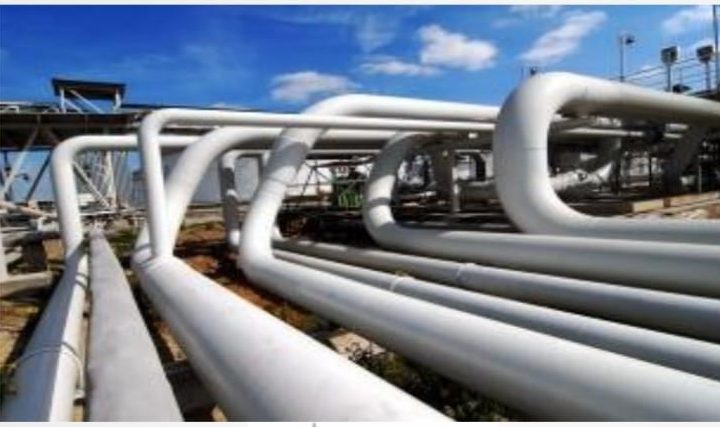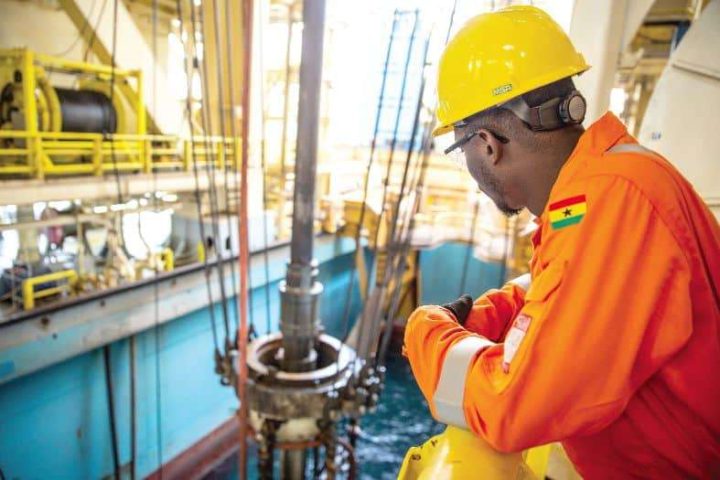By Victor Ezeja
Executive Secretary, Nigerian Content Development and Monitoring Board (NCDMB), Engr Simbi Wabote, has said that Nigeria’s Petroleum Industry Act passed in August this year, is an investment-friendly law that creates a lot of opportunities in the country’s oil and gas sector, which would boost contribution of the sector to the economy.
Join our WhatsApp ChannelWabote made the assertion while delivering a keynote at the Realnews 9th Anniversary Lecture in Lagos on Thursday, stating that the PIA has cleared all uncertainties that hitherto discouraged investments in Nigeria’s oil and gas sector.
He stated that Nigeria has rich gas deposits which offer a cleaner form of energy, but is heavily underutilized, assuring that PIA would drive investment in gas and increase production and also be used in developing the power sector.
Speaking on the theme of the lecture titled, “Nigeria in the unfolding Integration of the African Market: the Oil and Gas Perspective,” Wabote hinted that oil and gas activities in Africa, would no doubt play significant roles in the agenda of industrialising the continent through the Africa Continental Free Trade Agreement (AfCFTA).
AfCFTA which commenced as of January 1, 2021, is an economic integration goal aimed at engendering robust industrial development of Africa. The Free Trade Area which connects 54 countries in the continent is considered the largest globally, and according to the World Bank, it presents an opportunity for the participating countries to lift about 30 million people out of extreme poverty and raise the incomes of 68 million others who live on less than $5.50 per day.
Looking at the issue of energy transition from the use of hydrocarbon to more sustainable energy resources due to the effect of global warming and climate change, Wabote advised that African countries should have agenda that works for them, rather than accepting the agenda of the Western nations in the transition programme.
He stressed the need for Nigeria to properly implement the ‘decade of gas’ programme declared by President Muhammadu Buhari in order to utilize gas resources while integrating with the rest of Africa.
NCDMB boss noted that the impending decarbonisation is a challenge for oil-producing countries, as revenues generated from oil and gas still power their economies.

He pointed out that the AfCFTA provided a platform for member countries to collaborate and provide funding and technology for developing oil and gas projects, adding that the PIA can also help in attracting funds needed “for project developments when the effect of the premature halting of new hydrocarbon projects lead to supply shortages with attendant unbearable price hikes.”
He also emphasized the need to push for research and development to be able to develop indigenous knowledge about the technology of oil and gas exploration rather than relying on foreign experts to develop and manage the resources, explaining that when the energy transition gets into full force, the developed countries who support it may discourage their experts from supplying the technology to developing countries which could negatively impact on them.
Victor Ezeja is a passionate journalist with seven years of experience writing on economy, politics and energy. He holds a Master's degree in Mass Communication.

















